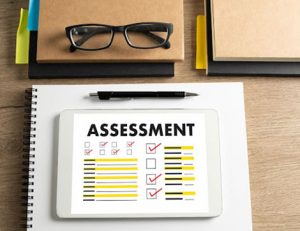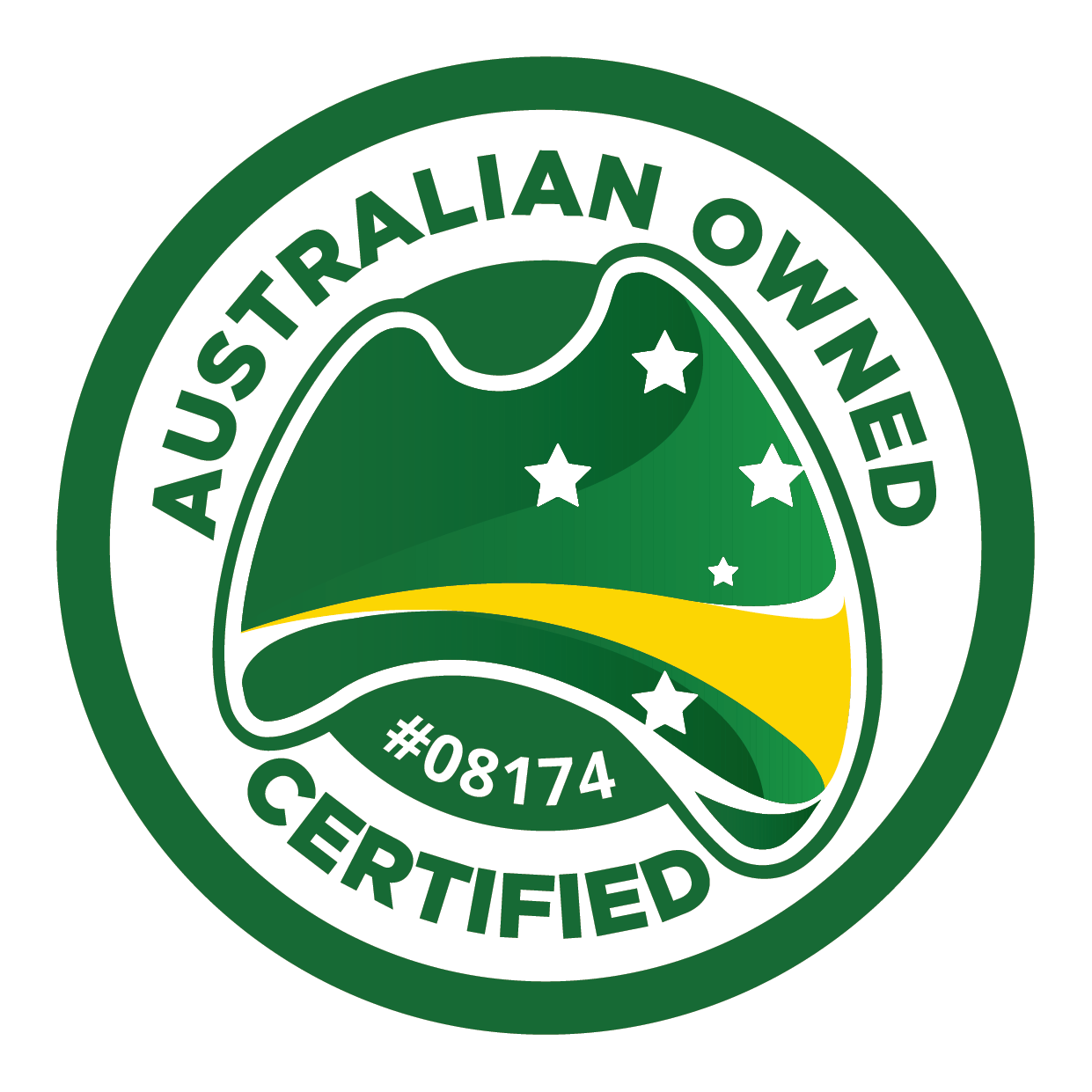Internal audits and why they are so important (Part 5 of 5)

In the first five parts of this series we discussed the following:
- What are internal audits?
- What are the benefits of conducting internal audits?
- What is an audit scope?
- What is usually included in an RTO internal audit?
- Who can be an internal auditor?
- Compliance costs and risks in terms of “risk management”
- The effective internal audit function
- The requirement of conducting internal audits
- The quality system of an RTO
- Planning for internal audit and considerations
- Conducting and recording an actual internal audit
This is our special edition on frequently asked questions and answers on internal audits. We have selected the top 10 questions from the list of questions sent to us by educational institutes.
Q1: Why are RTO internal audits important?
Answer: Internal audits are a significant element of an RTO quality management system to ensure RTO practices and procedures meet the regulatory and legislative standards and requirements. These audits can help to monitor the RTO system and to check that compliance and norms are complied with. The aim of an internal audit is to collect data on the quality system’s performance and effectiveness. Internal audits also increase productivity, detect non-compliance and non-conformities, and evaluate the RTO’s internal control including its corporate governance and processes.
Q2: Why should I have an external audit to review my RTO’s quality management system?
Answer: There are a number of benefits of organising an external audit by expert RTO consultants:
External auditors are independent of the organisation and review the systems and processes based upon their extensive experience and auditing background. They are impartial and unbiased in their approach and follow documented processes and procedures to provide opinions and advice on RTO’s quality management system.
The benefits of organising an external audit includes:
- Advice on critical RTO non-compliance, efficient controls and compliance procedures, identification of best practices, reduction of operational costs, and the realisation of possibilities for profit enhancement.
- Potential important savings on internal audit expenses, in particular for organisations with multiple offices and courses, high internal audit resource turnover or different levels of internal audit activities.
- Access to the correct abilities, in the correct position, in the correct location, at the correct moment.
- Shifting expenses to the consultancy company to develop and maintain the internal audit capacity and freeing capital and resources for key company reasons.
- Overcoming difficulties for human resources-attracting and retaining talent, maintaining expertise on changing hazards and developing value-making abilities.
- Alignment of strategic goals of the internal audit function with important business processes.
- Overall risk management review, tracking of compliance and corporate performance.
Audits should be conducted by RTO experts that have extensive and current ASQA and other regulatory experience and who do not have any conflict of interest with the organisation.
Q3: What should be the qualifications and work experience of an RTO consultant?
Answer: We suggest that an RTO auditor should hold the Diploma of Quality Auditing, Diploma of Vocational Education and Training, Diploma of Training Design and Development or have at least 5 years of experience in RTO audits and administration.
You must also ask and verify the success rate of the RTO consultant to ensure you receive the best advice and consultancy services.
Q4: How long does an external audit takes?
Answer: It depends upon your RTO’s scope and requirements to conduct an audit. Usually, two days are recommended for an RTO with two to ten qualifications on their scope.
Q5: How should an RTO audit be conducted?
Answer: The RTO audit should be conducted using a proper checklist and documented procedures and processes.
Preparation of a plan that shows how your audit activities are systematic, independent and that you have a documented process for obtaining audit evidence is critical for a successful and valid internal audit.
Q6: What is included in an RTO’s quality management system?
Answer: The RTO’s quality management system must include, but is not limited to the following:
- The required policies and their accompanying procedures
- Forms, templates, checklists and flowcharts to support the implementation of policies and procedures
- Central registers to track and record your compliance activities
- A compliance matrix that maps how each policy, procedure, form, template etc is related to the Standards.
- Continuous improvement processes and practices
Q7: What is the usual cost of conducting an internal audit by external auditors and/or consultants?
Answer: Different consultants have different prices depending upon their expertise and experience. CAQA auditors and consultants charge $5200 plus GST for a two day audit. This price is valid at the time of printing – 1 July 2019.
Q8: Why you need a CAQA auditor to conduct a health check of your RTO or educational institute?
Answer: We are experts in RTO audits. We have highly trained and experienced compliance consultants who have worked in the VET sector for more than 20 years.
A VET health check is crucial in ensuring quality RTO systems and procedures are in place and are ready for an audit for registration, re-registration, continuous improvement or internal annual audit purposes. Every RTO must comply with the Standards for Registered Training Organisations 2015:
- Compliance with the pre-enrolment and enrolment requirements
- Marketing and advertising
- Third-party services
- Maintenance of trainer and assessor currency
- Compliant assessment system
- Complaints and appeals
- Validation of assessment resources
- Management of continuous improvement
- Student support and welfare
- Responsive to industry and learner needs
- Quality assurance
- Secure and accurate certification
- Accessible information about services
- Informed and protected learners
- Fair complaints handling
- Effective governance and administration
- Legal compliance
- Fit and proper person requirements
- Financial viability
- Business planning and direction etc.
Q9: What legislation or standards do CAQA auditors and consultants have experience in?
Answer:
- Standards for RTOs 2015
- AQTF and VRQA Guidelines (VRQA registered RTOs)
- The VET Quality Framework (ASQA registered RTOs)
- The ESOS Act and the National Code (CRICOS)
- VET Student Loans (Higher Education Support Act).
- Skills First (Victoria), Smart and Skilled (NSW), and other state funded contracts
- ISO 9001:2015 – world’s leading Management System Standard
- English Language Intensive Courses for Overseas Students (ELICOS)
- NEAS (accreditation and quality assurance services in English language teaching)
- Australian Nursing and Midwifery Accreditation Council (ANMAC)
- Worksafe
Q10: How do CAQA auditors and consultants conduct an internal audit?
Answer: The process involves the following:
- Meet with you to discuss your specific requirements and needs
- Scope what you need to do and recommend a path forward
- Provide qualified auditors to advise on compliance issues
- Work with you to ensure your systems, processes, materials and practices are resilient enough to withstand the test of an audit
- Advise you of all the issues we find as a result of our audit
- Advise you in writing and implementing your quality policies and procedures
- Develop a plan to address all your non-compliant issues with a suitable timetable
- Provide a report for you detailing the above.












